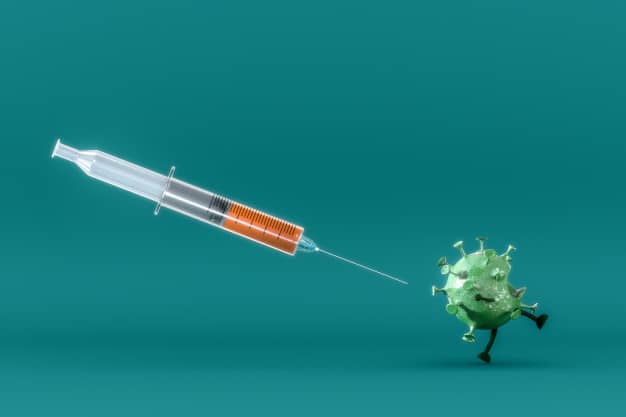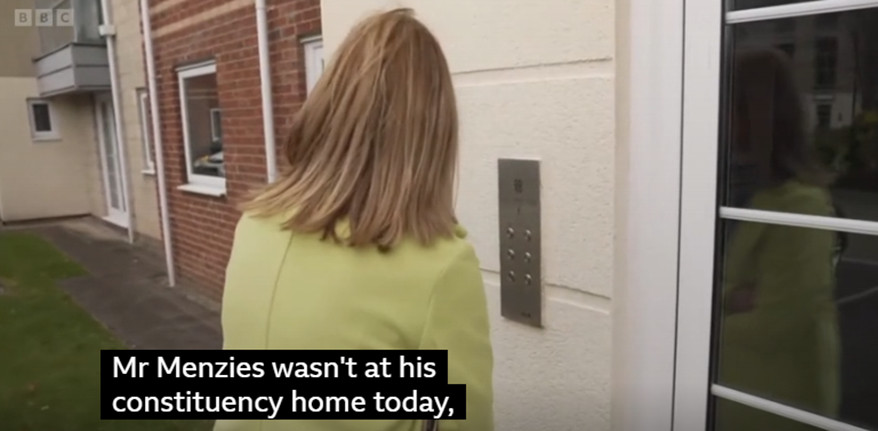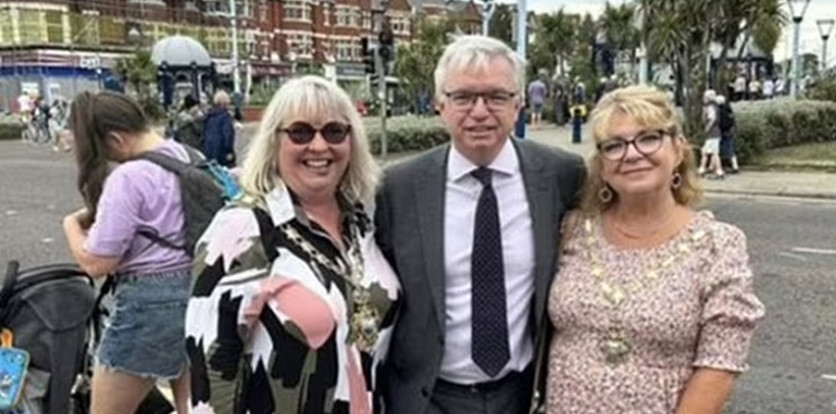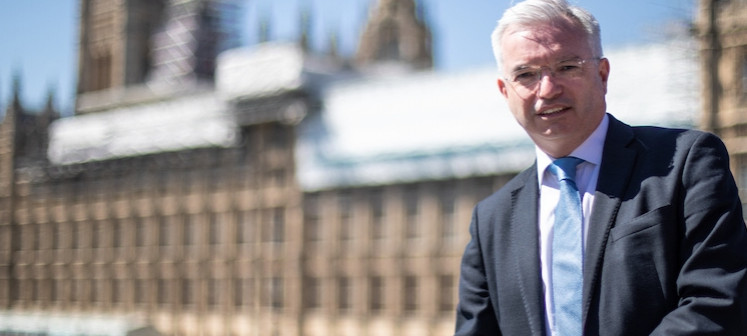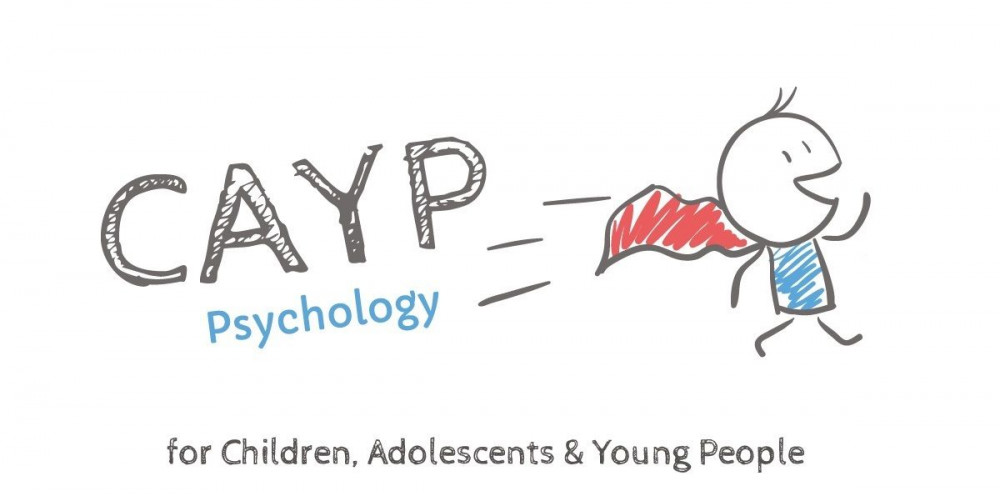Since the coronavirus started to spread and impact our day to day lives from the beginning of 2020, scientists have been working to create a vaccine for the virus.
Today, developers Pfizer and BioNTech, described it as a “great day for science and humanity,” as their vaccine has been tested on 43,500 people in 6 different countries. There have currently been no concerns raised and the vaccine seems to be successful.
The developer companies intend to apply for emergency approval to use the vaccine by the end of the month in hope that the world can leave the restrictions that have been placed on us over this year.
The new vaccine is in the final stages of testing and is the first to show results in combatting the virus. It involves injecting part of the virus’s genetic code in order to train the immune system to fight it off.

The testing of the vaccine has shown that it trains the body to make both antibodies and T-cells to fight covid-19.
For the vaccine to work, two doses are needed, three weeks apart. The results have shown that 90% protection is achieved seven days after the second dose. The trials in the US, Germany, Brazil, Argentina, South Africa and Turkey have show positive results.
Pfizer believe they will produce 50 million doses by the end of 2020, and 1.3 billion by the end of 2021.
There are however questions as to how long the immunity lasts, and there has not been a breakdown of how effective the vaccine is in different age groups.
Dr Albert Bourla, the chairman of Pfizer, said: “We are a significant step closer to providing people around the world with a much-needed breakthrough to help bring an end to this global health crisis.”
Prof Ugur Sahin, one of the founders of BioNTech, described the results as a “milestone”.
The UK has already ordered 40 million doses, which will be enough for 20 million people with their 2 doses.
“This news made me smile from ear to ear,” Prof Peter Horby, from the University of Oxford.
“It is a relief… there is a long long way to go before vaccines will start to make a real difference, but this feels to me like a watershed moment.”


